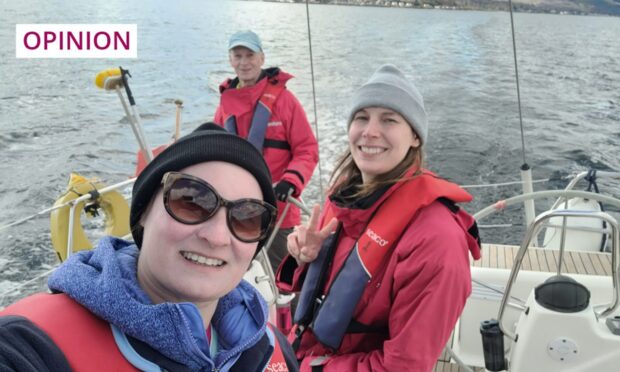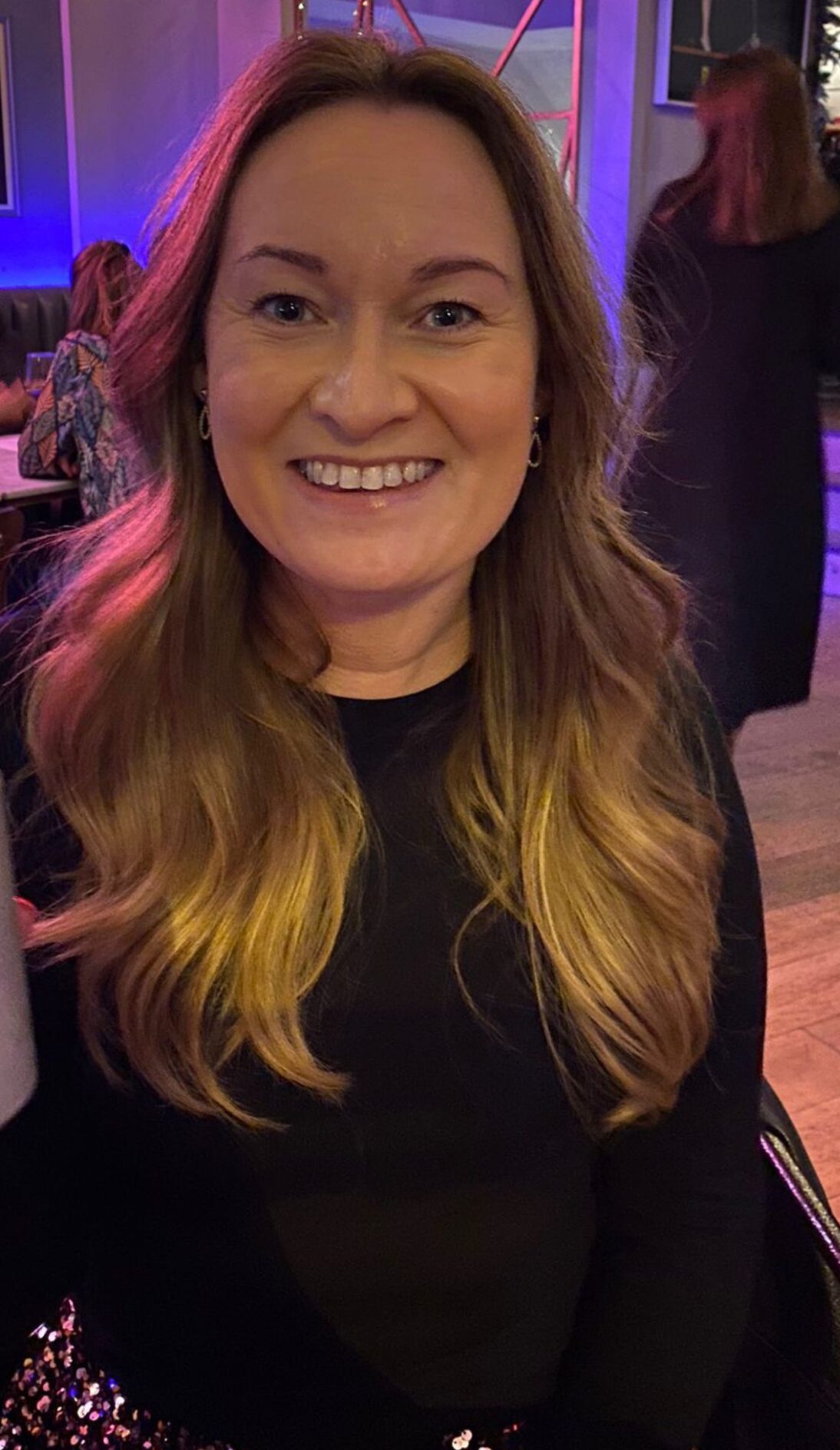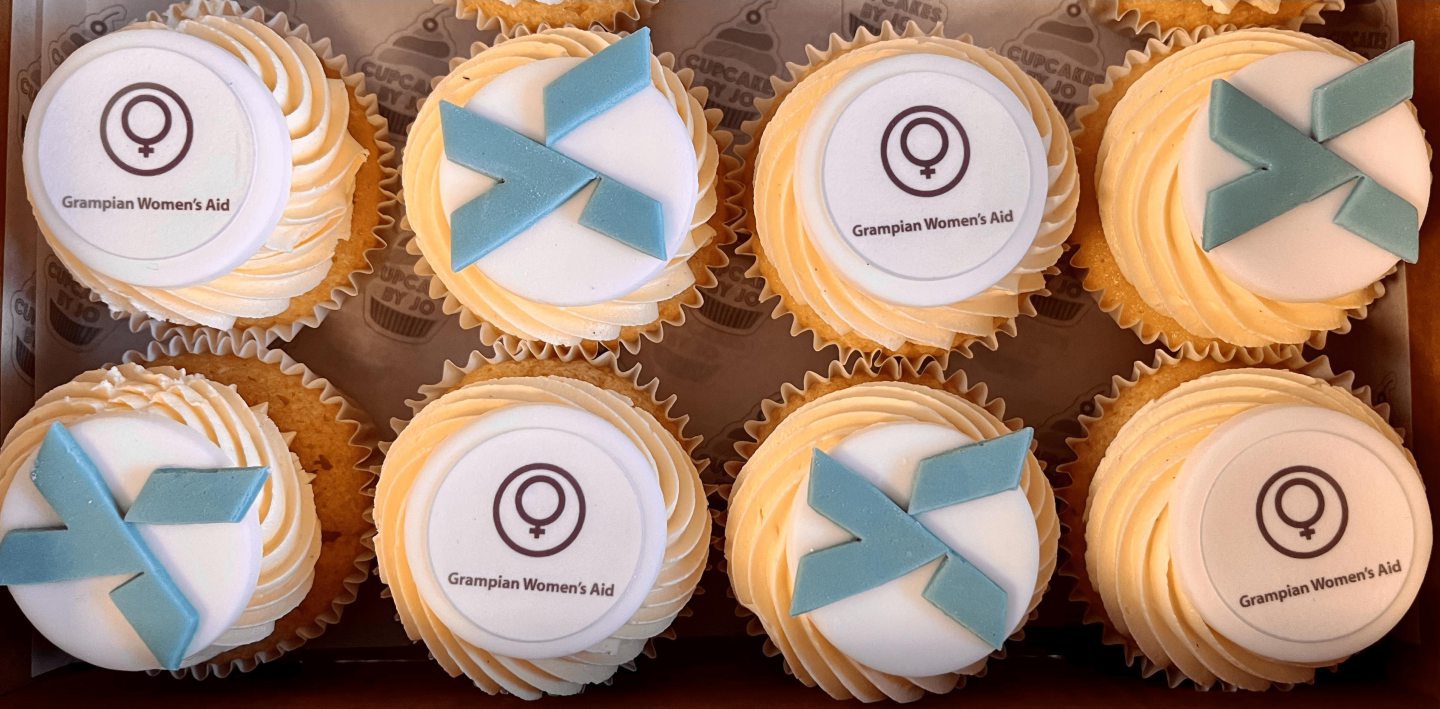At work, I’m used to supporting people and projects. However, I’m proud to be using my lived experience as a survivor of domestic abuse to really help those around me.
My journey to where I am now began during a previous relationship, where I was physically, verbally and psychologically attacked. At the start, we were able to enjoy each other’s company, but it quickly turned toxic. If a single day went by when I wasn’t called something nasty, I would consider it a success. At the time, I didn’t realise that I was in an abusive relationship.
Looking back, I wish somebody had told me that the control I was experiencing wasn’t normal or healthy. But, back then, mental health wasn’t a “thing”, and toxic behaviour, including coercive control, gaslighting and love bombing, wasn’t recognised or understood.
Years of walking on eggshells combined with constant threats to life and safety led to emotional and psychological trauma. I lived every day in survival mode, slowly becoming unable to recognise the person I was becoming.
I’m naturally a problem solver, and I thought the situation was something else that I could fix. Broken promises kept me holding out hope that things would change for years. I was always assured that it was a one-off – but told that it was my fault.
The abuse was regular and continuous, regardless of where I was. Even at work, I’d receive controlling and abusive calls and text messages. There was no escape or place to feel safe. My breaking point was the lowest I’d ever been. I was mentally exhausted and felt physically drained. I knew I needed to get out.
Following intervention from friends, I was able to leave the family home. The bruises and cuts healed over time, but the psychological damage wasn’t evident until much later, when, in 2020, during the pandemic, I found myself home alone and unsure how to cope with the trauma triggers that surfaced.
Coming to terms with what I’d been through
It was at this point that I turned to local support service Grampian Women’s Aid for help. The charity gave me the confirmation, space and time to come to terms with what I’d been through, and helped me plan a way forward, embarking on a journey of healing and acceptance.
I went through a mixture of emotions. I learned I was suffering from complex post-traumatic stress disorder, and felt validation that what I had suffered wasn’t right. At the same time, I didn’t like the connotations of being called a victim. I needed to rewire my brain, navigate a way out of my own trauma and repair the damage.
I often find myself wondering what might have happened if people around me when I was in that toxic relationship had been more equipped to deal with domestic abuse
I often find myself wondering what might have happened if people around me when I was in that toxic relationship had been more equipped to deal with domestic abuse. If workplaces had policies and awareness training back then, I may have felt safe to tell someone that my situation at home was dangerous.
After moving jobs to Xodus and being impressed by their people-focused approach to initiatives and programmes, I spoke to HR about my experience. Alongside Grampian Women’s Aid, we launched a domestic abuse support policy.
Victim-survivors should feel safe and understood at work
The policy encompasses training and awareness programmes for managers and employees, and is designed to help employers both understand domestic abuse and support those who have experienced or are currently experiencing it. As its ambassador, I am empowered to share my story and, in turn, to help protect others.
The aim is that people will feel comfortable enough to speak out at work if they are suffering. Through the workshops we have been running alongside Grampian Women’s Aid, we provide colleagues with information on how domestic abuse can occur, and how to approach conversations if they recognise signs that someone they know or work with may be at risk.
It also offers a framework for policy users that includes paid leave for attending court hearings and counselling sessions, as well as enabling a more flexible working routine.
Xodus is now aiming for all of its global sites to introduce an active, informed domestic abuse support policy, with each office creating a workplace culture in which victim-survivors feel safe and understood. The hope is that it will spread to other companies and workplaces. I’m proud to lead the programme.
I’m still learning every day about the trauma I suffered, and about me. I love learning new things about myself. I can’t change the past, but I can try to change the future for others.
- For more information and help if you are dealing with domestic abuse in the north-east, visit the Grampian Women’s Aid website
Vicki Appleby is a contracts and commercial advisor at global energy consultancy, Xodus, based in Aberdeen



Conversation